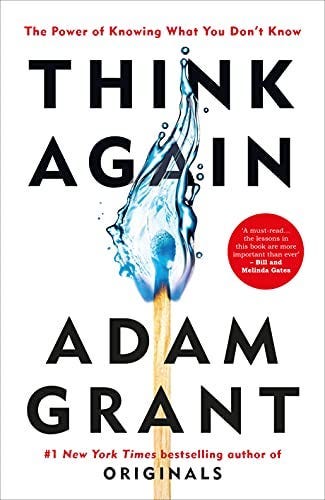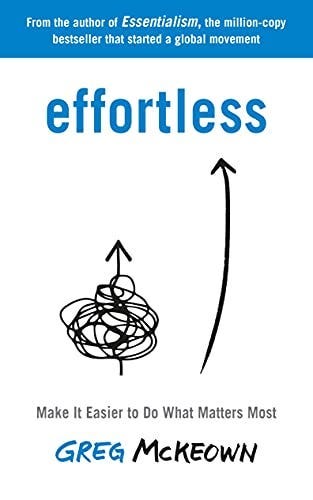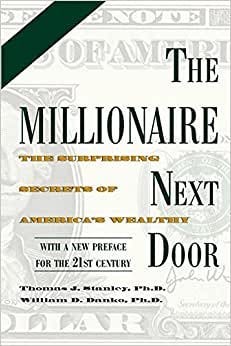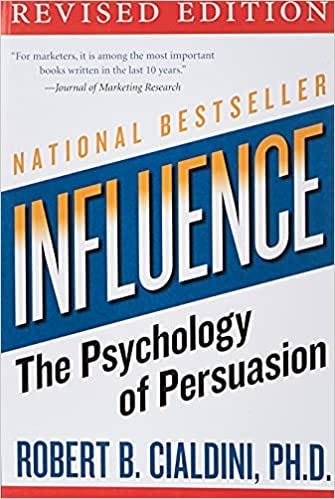8 Books I Wish I Read Before I Accepted My First Job Offer
Read these books before signing your job contract

It’s beautiful when offered a job straight out of college. You begin to imagine everything you want to do with the money you earn when you finally start collecting your paycheck.
You want to get the nicest of things for yourself and show the world you can achieve great things and have what it takes to be successful.
You can finally start dreaming of getting yourself a nice fancy car, taking up a mortgage, stocking up your wardrobe with wears you have always dreamt of owning; you also probably imagined taking your relationship to the next level.
You forget this is a new job; you still have to prove to your new manager that you are worth the investment and risk. You have to show the organisation that you can add value.
Then, you start the job and realise the office game is different. You find yourself fighting for attention from your boss and co-workers. You find that perhaps you want more money because your paycheck is no longer sufficient due to your affluent lifestyle. I know because I felt the same way when I landed my first job after college.
Looking back now, I realise that I probably should have read some books on self-development, influencing, negotiating and financial mastery. before I accepted my job offer.
You don’t have to be underprepared for your first job.
If you are about to accept your first job offer, here is a list of must-read books you should consider reading.
#1. Think Again — Adam Grant
There Is Power In Knowing What You Don’t Know
Adam stressed that we need to rethink our original ideas and be happy to be wrong to make better, wiser, and more informed decisions. There are considerable benefits to knowing what you don’t know.
As a young professional starting in your career, you would need to accept that you can’t always be right and that the more you are open to new ideas and suggestions, the better you become a person. You need a growth mindset to succeed.
#2. Essentialism — Greg Mckeown
Achieve More By Doing Less. You don’t have to say YES to everything or things that add no value.
Essentialism explores the question of where to focus your energy. With so much information available today, we need to decide between tasks that deserve our immediate time and attention and those that can wait a little longer.
As a young professional, you will quickly realise that there is a lot of work to do, and you need to focus on what matters to you the most — where you will achieve the flow state and gain the most return on effort. If you don’t plan your life, someone else will plan your life for you in the way they want.
#3. Effortless — Greg Mckeown
Make It Easier To Do What Matters The Most
Greg highlighted how you can design your work and life to make the most essential tasks the easiest to achieve.
You will be very busy in your professional life, especially when starting as a young professional. You probably want to impress your colleagues and new manager; therefore, learning the art of prioritising by focusing on and doing what matters the most with little or no effort will significantly improve your work-life balance.
Burnout is not fun and should be avoided at all costs.
#4. Atomic Habits — James Clear
Real, Remarkable Changes Happen Over Time
James encourages a routine that will yield remarkable results over time, like compound interest. Once I read this book, I stopped worrying about seeing immediate returns on investment in my actions.
As a young professional, your career is a destination, and what you do daily will contribute to who you become in future.
Success does not happen overnight.
#5. Millionaire Next Door— Thomas J. Stanley
“The Millionaire Next Door shows you the simple spending and saving habits that lead to more cash in the bank than most people earn in their life while helping you avoid critical mistakes on your way to financial independence” — Niklas Goeke
Millionaire Next Door explains patterns in the behaviour of the rich and the poor and how their daily lifestyle affects their financial life.
As a young professional, learning about money is critical. Knowing about simple financial principles as you start your career can help you achieve financial independence.
Money only lives with those that understand it.
#6. Influence — Robert Cialdini
“There is a natural human tendency to dislike a person who brings us unpleasant information, even when that person did not cause the bad news. The simple association with it is enough to stimulate our dislike.” — Robert Cialdini
Influence is a must-read Psychology book for everyone starting in their career. Robert uses investigative research to uncover how individuals are misinformed and manipulated through the power of influence.
Arming yourself with knowledge can dramatically improve how you relate and work with others in a professional setting and how to prevent these weapons from being used against you, especially as an inexperienced newbie.
#7. How to Win Friends and Influence People — Dale Carnegie
“There is only one way under high heaven to get the best of an argument — and that is to avoid it.” — Dale Carnegie
We are social beings, and we will always have to interact with people whether we like it or not, especially in a work environment.
Knowing the strategies that will help you get along with your colleagues and manager can significantly assist your budding career. You want to be likeable and get along with your colleagues at work.
#8. Rich Dad Poor Dad — Robert Kiyosaki
I previously mentioned this book in my last post due to its popularity among young professionals who seek financial knowledge.
It’s customary to follow the school—work—retirement routine designed by society. However, Robert shows why this way of living will not make you rich.
As a young professional, having financial knowledge and being able to apply it daily to your life as you start your first job is crucial for financial independence.
Final Summary
These brilliant books have been remarkable in my professional journey, and I wish I had read these books earlier before I signed my first job offer.
They are rich in personal finance, self-improvement, human psychology and influence, and worth a space in the library of every individual, who desires to achieve career success.
I have found them valuable in my work life even as an experienced professional.
Let me know your thoughts.
Banji Alo
Personal Blog | Career Coaching in Data Analytics | LinkedIn | Medium | Twitter | Instagram | YouTube











